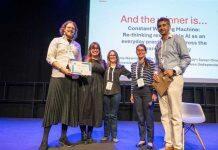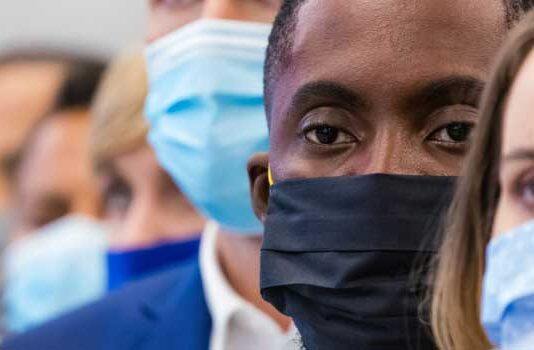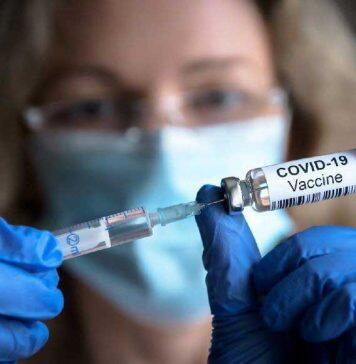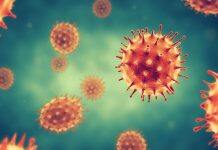Archaeology uncovers infectious disease spread – 4000 years ago
New bioarchaeology research from a University of Otago PhD candidate has shown how infectious diseases may have spread 4000 years ago
Rising infections: how is the University responding?
The infection rate is rising again in the Netherlands, which means it may also be rising among Leiden University’s students and staff.
Covid-19 research receives 8.4 million francs in national funding
The Swiss National Science Foundation (SNSF) supports fifteen Bernese Covid-19 research projects totalling 8.4 million Swiss francs.
Record confirmed: UC home to nearly 47,000 students
The University of Cincinnati blew past its own enrollment projections this week as the official headcount landed at 46,798 students for fall semester.
Experimental vaccine that boosts antigen production shows promise against COVID-19
A bioengineering technique to boost production of specific proteins could be the basis of an effective vaccine against the novel coronavirus that causes COVID-19
Free Trinity workshops to help businesses survive COVID-19
Trinity Business School has partnered with the leading business members’ group Ibec to launch a free series of workshops...
Could singing spread Covid-19?
If silence is golden, speech is silver – and singing the worst.
Singing doesn’t need to be silenced, however...
Belgian COVID-19 patient re-infected only three months after the initial infection
A Belgian patient had COVID-19 twice. She was reinfected 93 days after the first infection and experienced symptoms in both occasions.
Top researcher and British COVID-19 key expert joins UCPH from Imperial College
The English researcher and disease-modeling expert Dr. Samir Bhatt will soon join University of Copenhagen. From his position at Imperial College London
Westminster alumnus-led vaccine manufacturer set to play leading role in large scale production of...
Westminster alumnus Adar Poonawalla, who is the CEO of the world’s largest vaccine manufacturer called Serum Institute of India...
















































